Innovative Drainage Techniques to Manage Excess Water
Different types of landscaping drainage services address various water management needs across residential and commercial properties. Surface drainage solutions include grading and swales to direct runoff away from structures. Subsurface drainage involves installing drain pipes or French drains to prevent water accumulation underground. Erosion control methods help stabilize slopes and prevent soil loss caused by excess water. Each approach is tailored to the specific landscape conditions, ensuring effective water diversion and soil stability. Proper drainage not only protects landscaping features but also reduces the risk of water damage to foundations and structures. An assessment by a drainage specialist determines the most suitable system for each site, considering the terrain, soil type, and water flow patterns. Effective drainage solutions contribute to the longevity and health of a landscape, maintaining its aesthetic appeal and functionality.
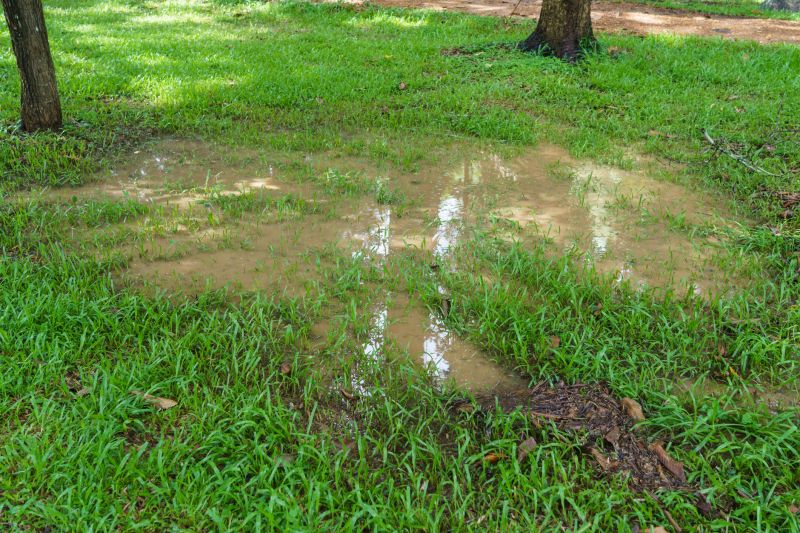
Professional installation of landscape drainage systems ensures proper water flow management.
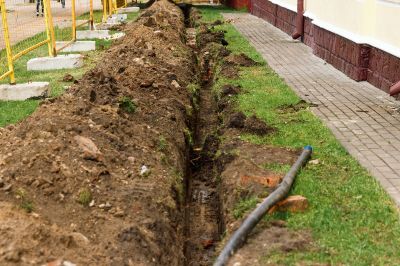
French drains are installed to prevent water pooling and soil erosion.
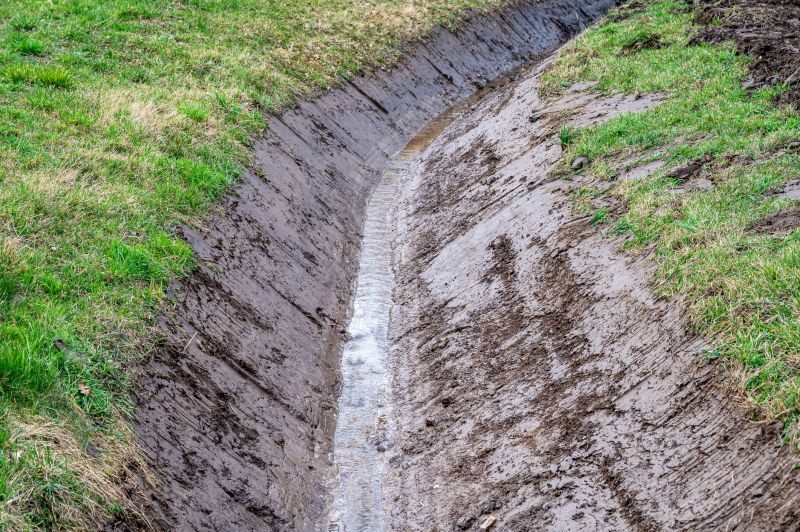
Grading directs surface runoff away from structures and landscaped areas.
| Benefit | Description |
|---|---|
| Prevents Water Damage | Effective drainage reduces the risk of water seeping into foundations and basements. |
| Protects Landscaping | Proper water management maintains plant health and prevents soil erosion. |
| Enhances Property Value | Well-drained landscapes are more appealing and can increase property worth. |
| Reduces Soil Erosion | Drainage systems stabilize slopes and prevent loss of topsoil. |
| Minimizes Flooding | Proper drainage mitigates surface flooding during heavy rains. |
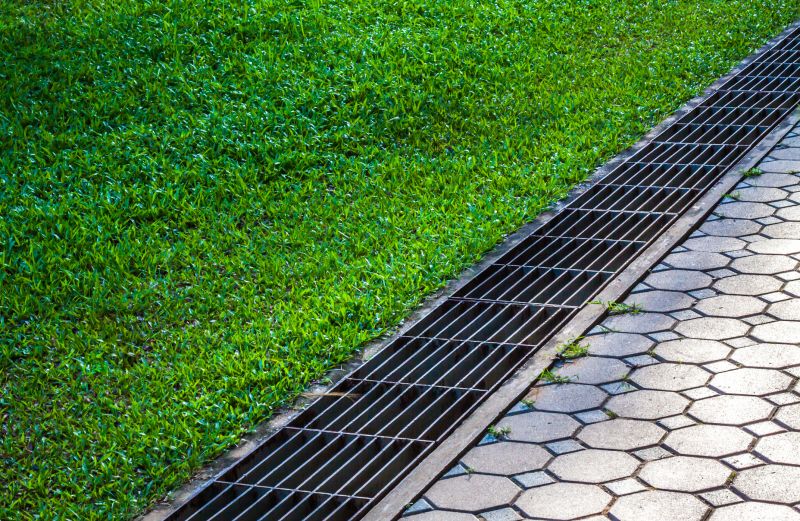
Inspection of installed drainage systems ensures continued effectiveness.
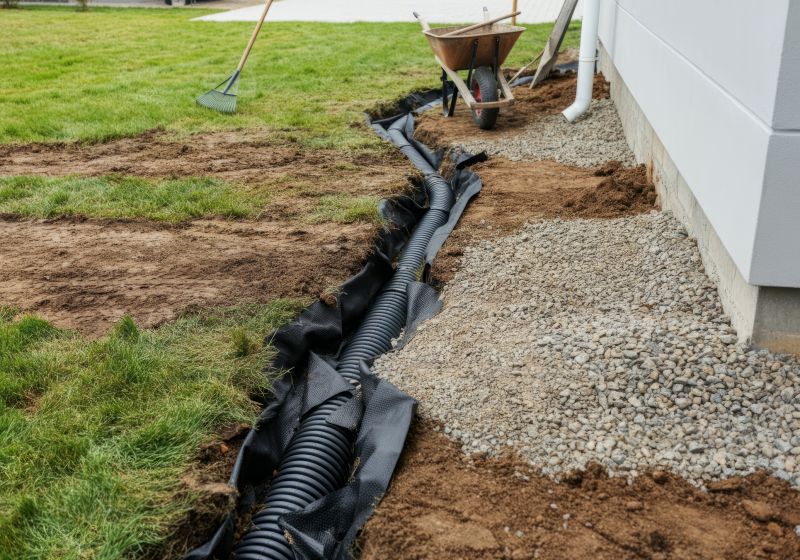
Various components like pipes and gravel beds are used for effective drainage.
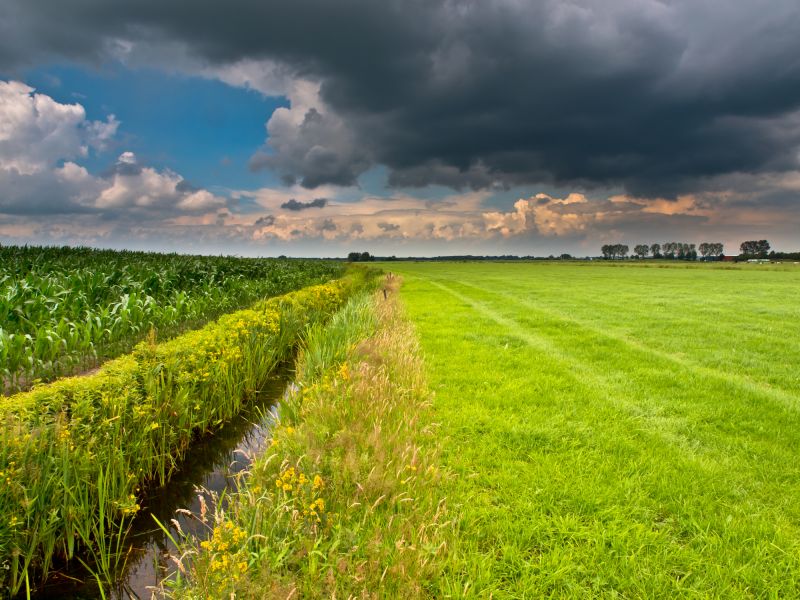
Regular maintenance keeps drainage systems functioning properly.
The process of landscaping drainage service begins with a comprehensive site assessment to identify water flow issues and soil conditions. Following this, a tailored drainage plan is developed, which may include grading, installation of French drains, or surface channels. Skilled technicians prepare the site by excavating trenches and positioning drainage components according to the design. Once installed, the system is tested to ensure proper water flow and effectiveness. Final adjustments are made to optimize drainage performance, and the site is restored to its original condition. Properly executed drainage installation requires attention to detail and expertise to prevent future problems. Regular inspections and maintenance help sustain the system’s functionality over time. This process ensures that landscapes remain dry, stable, and visually appealing.
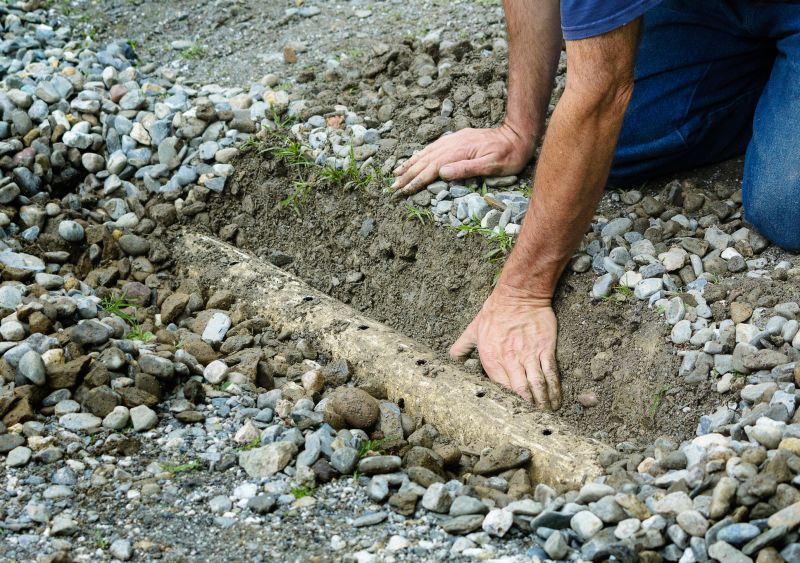
Installation involves precise placement of pipes and grading for optimal water flow.
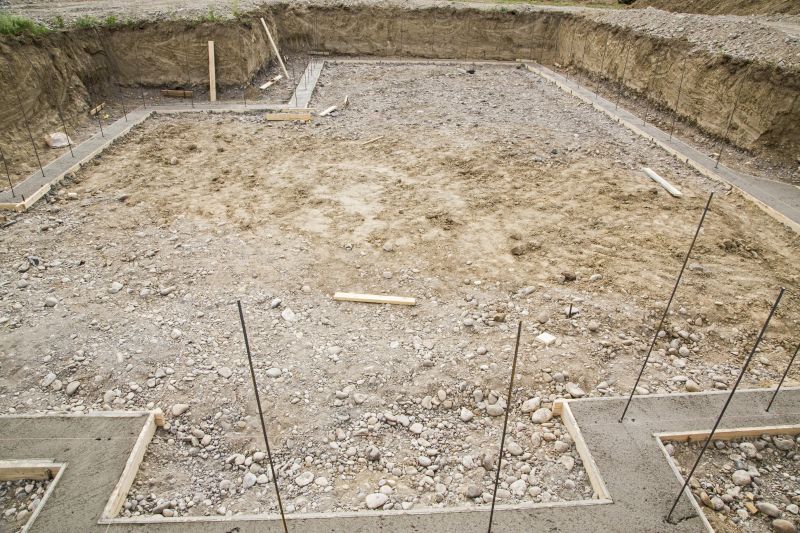
Site excavation and grading set the foundation for effective drainage.
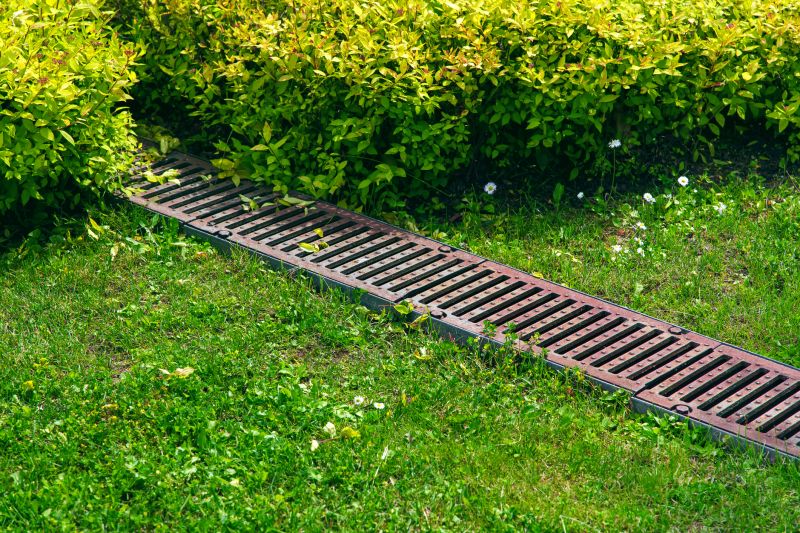
Testing ensures the drainage system functions correctly before project completion.
Hiring a professional for landscaping drainage installation offers numerous advantages. Experienced technicians understand the complexities of water flow and soil behavior, ensuring the system is designed to perform effectively. Professional installation minimizes errors that could lead to future problems such as blockages or inadequate drainage. Experts use specialized equipment and techniques to ensure precise placement of pipes and grading, which is critical for long-term success. Additionally, professionals can recommend the most suitable drainage solutions based on site-specific conditions, saving time and resources. Proper installation by skilled personnel also reduces the need for costly repairs or modifications later. Engaging professionals ensures the drainage system is reliable, efficient, and compliant with local standards. The result is a landscape that remains healthy, stable, and visually appealing over time.
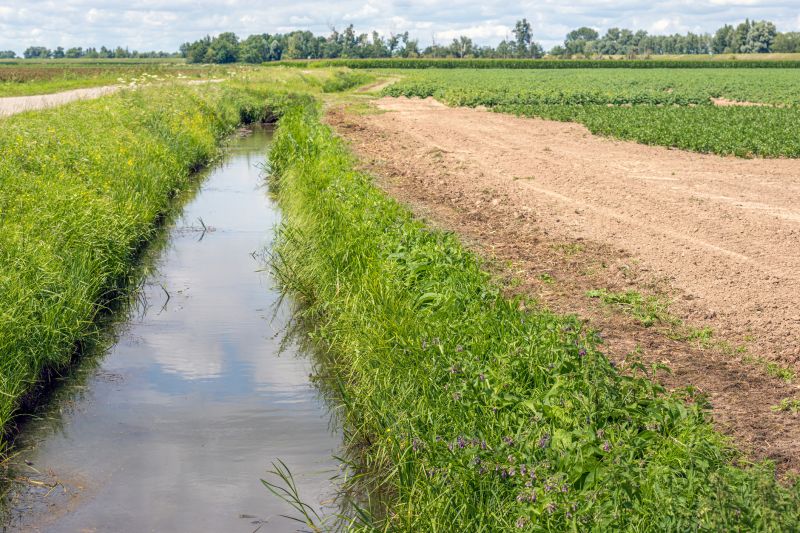
Professionals ensure proper system design and placement for optimal results.
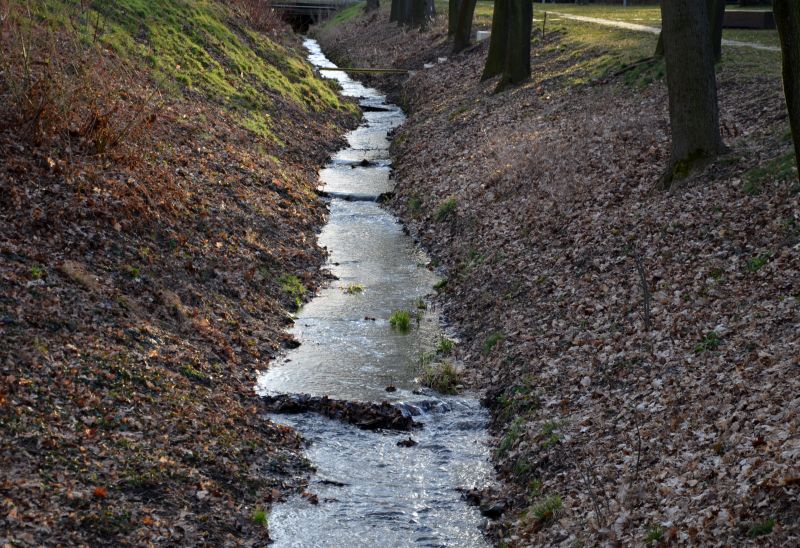
Experts assess terrain, soil, and water flow to develop effective drainage plans.
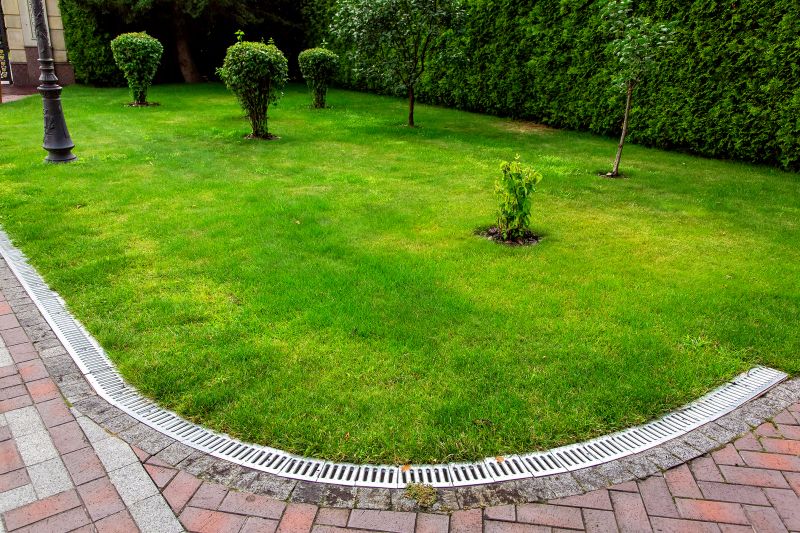
Use of high-quality materials ensures durability and performance.
To ensure the effectiveness and longevity of a landscape drainage system, it is essential to work with experienced professionals. They bring expertise in assessing site conditions, designing appropriate solutions, and executing installations with precision. Properly installed systems help prevent future issues such as clogging, erosion, and water pooling. Professionals also provide guidance on maintenance practices to keep drainage components functioning efficiently over time. Investing in expert services can save costs associated with repairs and landscape damage caused by improper drainage. The combination of skill, experience, and quality materials results in a reliable drainage system that protects property value and landscape health. Choosing a professional ensures that the system is tailored to the specific needs of the landscape and performs effectively for years to come.



